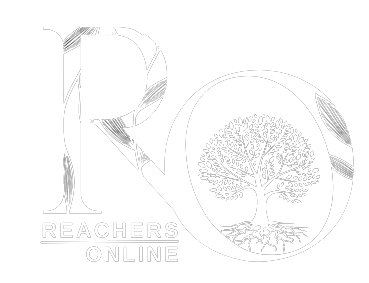Online presence is a powerful reflection of your personal or professional identity. As individuals and businesses navigate the vast landscape of the internet, it becomes crucial to not only build a positive online reputation but also to protect it from potential harm. This article explores the key strategies of online reputation building, negative link removal, and blocking wrong pages on Google to help you take control of your digital image.
Online Reputation Building: Crafting a Positive Digital Identity
Your online reputation is a sum of all the information available about you or your business on the internet. Building a positive online reputation is a proactive process that involves strategic steps to shape the narrative surrounding your name or brand. Here are some essential strategies to consider:
Create and Optimize Your Online Profiles: Establish a strong online presence by creating profiles on reputable platforms. Use consistent and professional information across all profiles to build a cohesive digital identity.
Content Creation and Publication: Develop high-quality, relevant content that showcases your expertise or the strengths of your business. Regularly publish articles, blog posts, and other content to demonstrate your knowledge and engage with your audience.
Social Media Management: Actively manage your social media accounts to ensure they reflect your desired image. Share valuable content, interact with your audience, and address any issues promptly.
Monitor and Respond: Keep a vigilant eye on mentions of your name or brand online. Address both positive and negative feedback with professionalism. Responding promptly to concerns shows that you are actively managing your online presence.
Seek Positive Reviews: Encourage satisfied clients or customers to leave positive reviews on platforms relevant to your industry. Positive reviews contribute significantly to a favorable online reputation.
Negative Link Removal: Mitigating Reputational Risks
Negative links or content on the internet can significantly impact your online reputation. Whether it’s an unfavorable review, misleading information, or outdated content, addressing negative links is crucial. Here’s how you can go about it:
Identify Negative Links: Regularly conduct online searches to identify negative links associated with your name or brand. Tools like Google Alerts can help you stay informed about new mentions.
Contact Website Owners: Reach out to the owners or administrators of websites hosting negative content. Politely request the removal of the content, providing any necessary context or evidence to support your request.
Legal Options: In cases where the negative content is false, defamatory, or violates the law, consult with legal professionals to explore possible legal actions. Laws regarding online content vary, so it’s essential to understand the legal landscape in your jurisdiction.
Online Reputation Management Services: Consider hiring online reputation management services to assist with the identification and removal of negative links. These professionals have the expertise to navigate the complexities of online content removal.
Blocking Wrong Pages on Google: Controlling Search Results
Google is often the first stop for individuals seeking information about you or your business. Ensuring that the search results reflect accurate and positive information is crucial. Here’s how you can block wrong pages on Google:
Google Search Console: Utilize Google Search Console to monitor and manage how Google indexes your content. This tool allows you to request the removal of specific URLs from the search results.
Content Removal Request: If you encounter inappropriate or harmful content in the search results, you can submit a content removal request through Google’s support channels. Be sure to provide detailed information about why the content should be removed.
Optimize Positive Content: To push negative content down in search results, focus on optimizing positive and relevant content. This can include creating new, positive content and optimizing existing content to increase its visibility.
Consistent Monitoring: Regularly monitor search results for any changes or new developments. Staying proactive in managing your online presence is key to ensuring that the search results accurately reflect your desired image.
In conclusion, mastering your online presence requires a combination of proactive strategies for reputation building, addressing negative links, and controlling search results on platforms like Google. By taking control of your digital narrative, you can shape a positive online reputation that accurately represents you or your business. Remember, the digital landscape is dynamic, so ongoing vigilance and strategic efforts are essential to maintaining a favorable online image.


